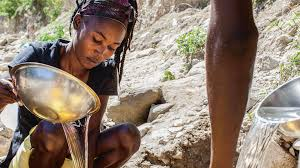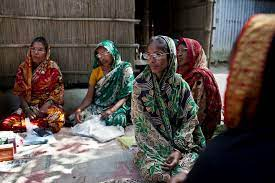A research study co-led by Monash Rural Health in collaboration with Curtin University and the University of Western Australia, is trialling the use of therapeutic ultrasound on women with mastitis.
The health benefits of breastfeeding are well-established, with the World Health Organization recommending that infants be exclusively breastfed from within one hour of life until six months of age, and that it continue to form a part of their diet up to age two.
In Australia, breastfeeding initiation rates are high at 90%, but those in rural and regional Australia are behind their city counterparts.
Recent studies have revealed that there are several risk factors associated with this regional-linked low uptake due to:
- women with a higher body mass index (BMI)
- teenage mothers
- women who smoke, or have a history of smoking
- women from a disadvantaged background
The new research study, co-led by Dr Adelle McArdle, from Monash Rural Health in Gippsland and her PhD student, Emma Heron, in collaboration with Curtin University and the University of Western Australia, are looking at ways to provide therapy to rural and metro women with mastitis.
According to Dr McArdle, mastitis is a major contributor to women abandoning breastfeeding.
“Up to 30% of breastfeeding women experience mastitis, which is an inflammatory condition of the breast tissue that can lead to pain, fever and swelling,” she said.
“Despite the high incidence of mastitis, and its consequence of early cessation of breastfeeding with the benefits that breastfeeding provides, there is no agreed definition of the problem, and there hasn’t been a new treatment for it in 20 years.”
Ms Heron, a physiotherapist, is recruiting patients for a trial of the effectiveness of therapeutic ultrasound. Therapeutic ultrasound is a non-invasive treatment used by physiotherapists in the treatment of lactation conditions such as mastitis. The trial is seeking 200 women in Melbourne with a suspected diagnosis of mastitis with the aim of determining whether therapeutic ultrasound is an effective therapy for mastitis, with a view to providing the treatment to rural women, should the results be positive.
A related study, led by Ms Heron, recently published in PeerJ, examines and further develops a clinician-administered patient-reported outcome measure that clinicians can use when caring for Australian mothers with mastitis. The study confirms the usefulness of the Breast Inflammatory Symptom Severity Index as a way for clinicians and allied health professionals to diagnose and treat these women, however, the authors call for further updates to the Index, which is planned as part of the current trial.
Dr McArdle is also collaborating with Dr Eleanor Mitchell from Monash Rural Health, whose area of expertise is the impact of women’s health on the first years of a child’s life, on research projects that investigate women’s health issues specific to rural Australia.
“Women in regional and rural areas have less access to specific women’s health specialists such as lactation experts, health physiotherapists and maternal and child health nurses – which has impacts on both their own health and that of their child,” she said.
“Later in life, they have less access to specialists in menopause, breast cancer, osteoporosis and diabetes and heart disease – all issues that impact women differently to men, and which require specific allocated services. We believe these issues should be highlighted in further research to determine what needs to be done to improve the health of women outside of the metro areas.”
For information about the trial, please visit the Ultrasound Treatment for Mastitis website.









